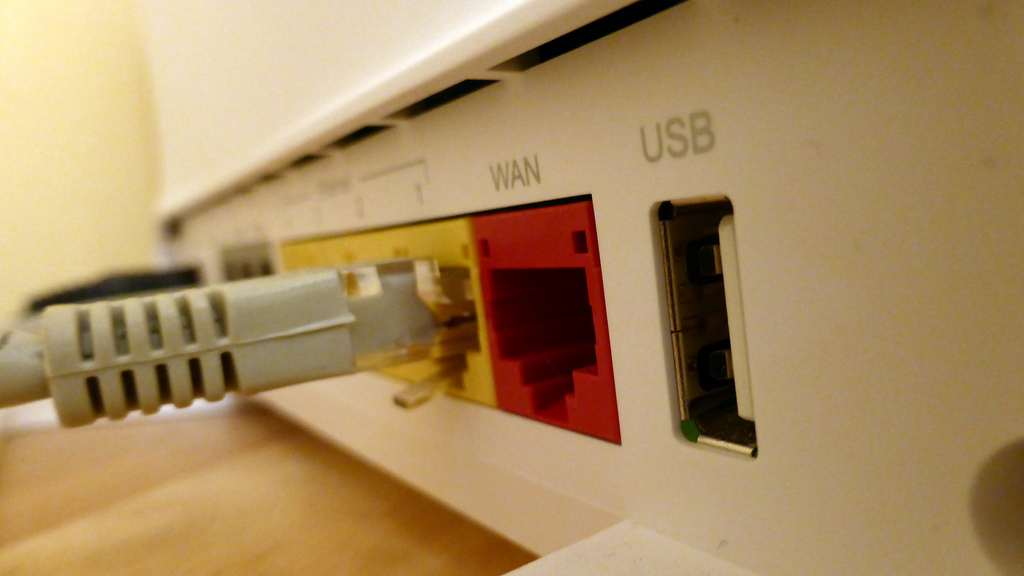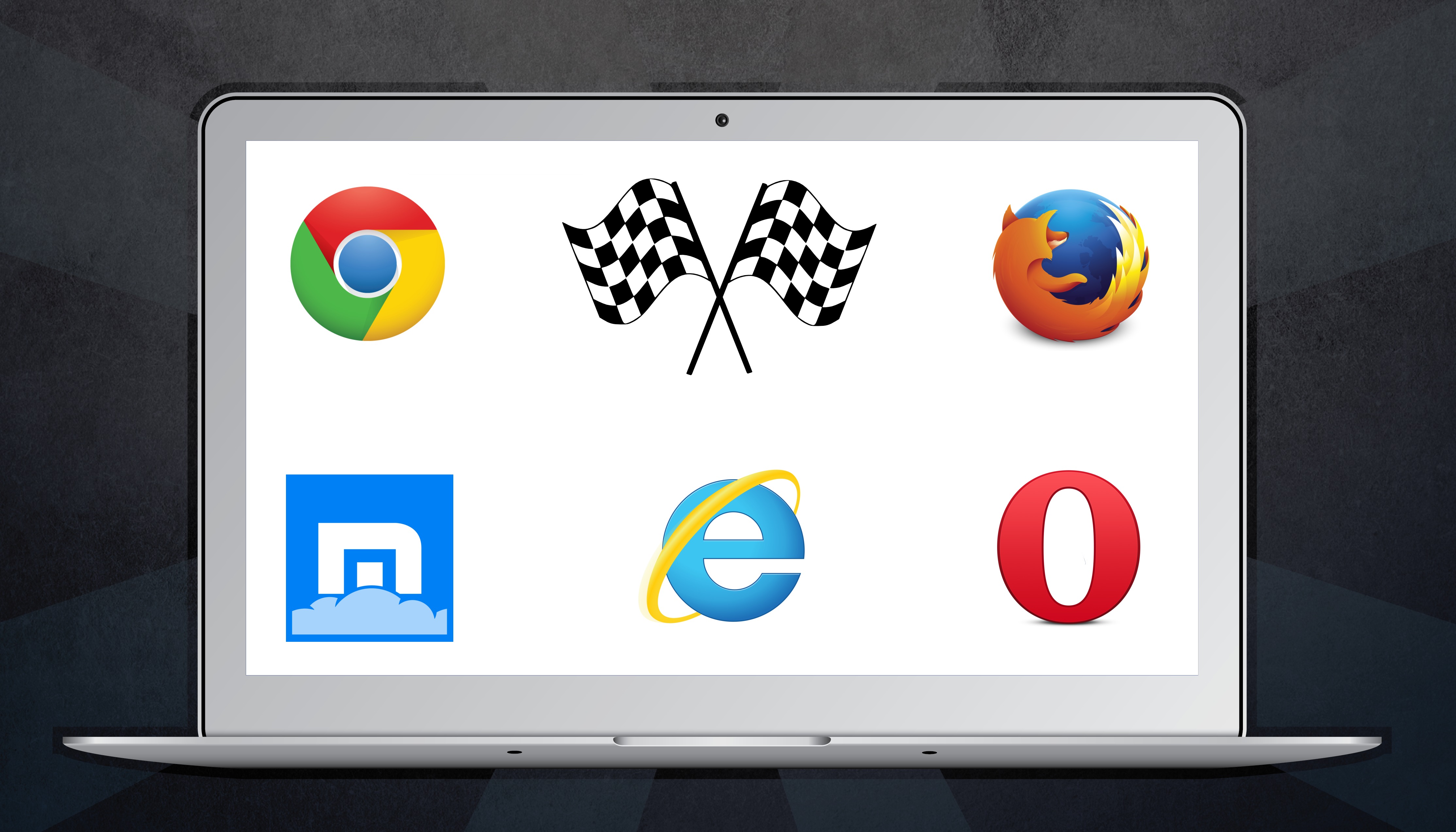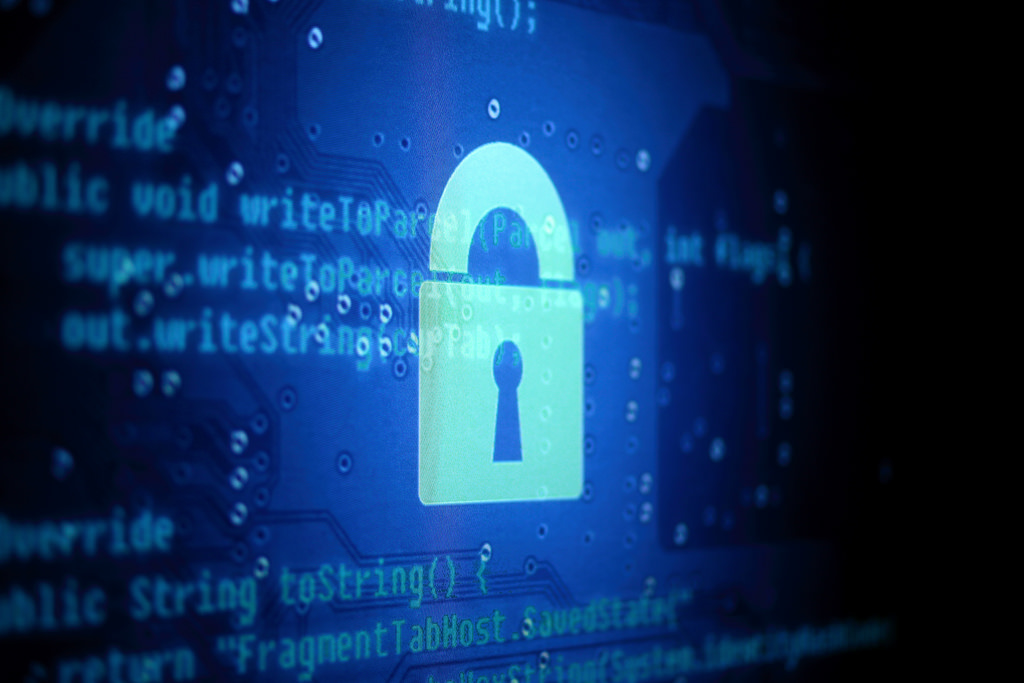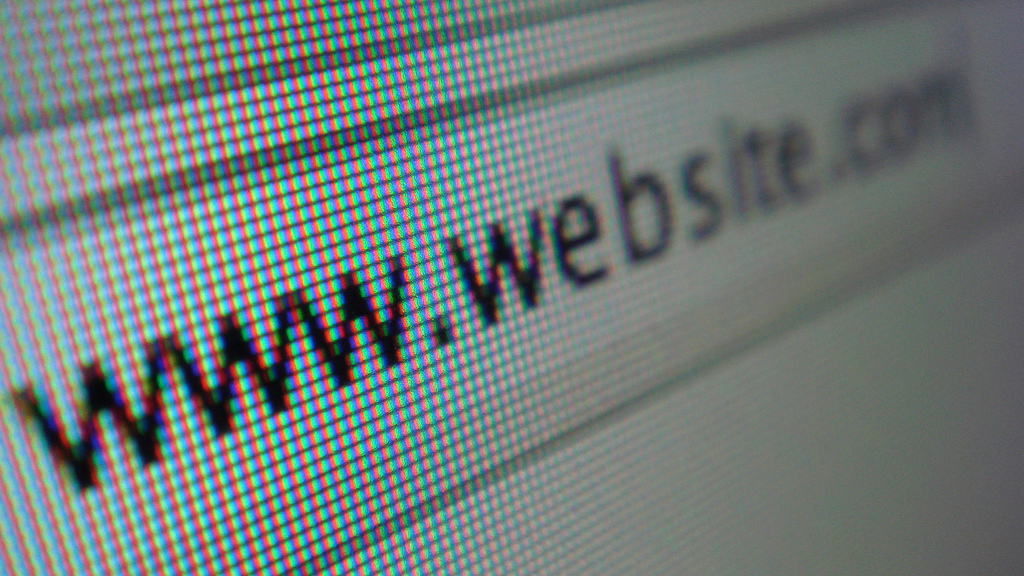What is net neutrality? A beginner’s guide
- May 15, 2014

One of the key political issues of our day has become net neutrality, which has gradually moved from a niche topic in tech publications to a mainstream public debate. However, what that really means has been elusive to many Americans. Let’s figure that out.
Read MoreThe Fastest Browser on Windows in 2014
- May 6, 2014

It’s an ongoing battle: which browser is the fastest? With several prominent browsers having recently made major updates, we decided to enter the fray by conducting some of our own speed tests. While we do employ a few benchmarks, the focus is on the kind of speed that affects your daily browsing moreso than which browser operates best under unrealistic amounts of stress.
You might be surprised by which browsers perform best.
Read MoreMost of web exposed after OpenSSL “Heartbleed” security hole is found
- April 9, 2014

Just as we sang the praises of HTTPS connections for browsing security, our following article about the vulnerabilities of HTTPS and SSL/TLS appears more prudent. On Tuesday, a group developing security software noticed a tremendous hole in the implementation of much of the secure connections across the web.
Read MoreThe vulnerabilities of HTTPS and SSL/TLS
- April 7, 2014

We have spent a lot of time championing HTTPS connections as one of the most basic browsing habits for good privacy protection. However, there is always a risk when talking up a security protocol: a false sense of security. With that in mind, let’s talk about the ways in which HTTPS and the SSL/TLS encryption process that makes it secure come up short.
Read MoreWhat is HTTPS and why does it matter?
- April 2, 2014

You might have seen some of our recommendations about the need to connect to websites via HTTPS whenever possible. Maybe you saw that instead of “http://facebook.com,” your browser said you were on “https://facebook.com.” Why would I be insisting that you type in that extra letter? Why would Facebook put that extra letter there without you even knowing?
Read MoreVideo: How to set up Firefox to protect your privacy and security
- March 30, 2014
Our latest video tutorial is all about how to configure a browser that many of you already are familiar with and use in a way that makes you safer online.
Read MoreBest web browsers for privacy and anonymity
- March 27, 2014

Your web browser can open you up to all kinds of security risks, even as you change your browsing habits for the better. While some of the mainstream browsers can be configured to protect your privacy, some people either want something stronger or something simpler. With that in mind, we have your best web browsers for privacy and anonymity online.
Read MoreGmail will now encrypt your emails to protect you from NSA
- March 20, 2014

According to the Official Gmail Blog, Google is taking new measures to protect your email data from snooping. They said that adding new security measures were “a top priority after last summer’s revelations,” referring to the widely reported NSA surveillance, which included intercepting emails sent via Gmail.
Read MoreOn Internet’s 25th birthday, we’re at risk of losing it
- March 13, 2014

Today, the World Wide Web turns 25 years old. In that time, it has made over the basic human experience more profoundly and rapidly than anything we have ever known. More than just a monolithic revolution, the Internet had been a gateway for large-scale corporate communication and optimization. Later, it became a general consumer’s dream, a wealth of information and amusement. More recently, it has led us to the point where the Internet is accessed more by mobile devices than it is by laptops and desktops.
What if the next step in this information revolution is that the Internet becomes a venture that is corporate-run and world governments’ main tool for spying and control?
Read MoreWhy use a VPN (virtual private network)?
- February 28, 2014

Many people have never heard of a virtual private network, more commonly known as a VPN. Some tech enthusiasts have heard about them, but don’t happen to be worried about government spying, and haven’t conceived any other uses for a VPN. Whether you are completely new to the concept or have been thinking about it for a while now, GettingThingsTech has some answers for you.
Read MoreSearch
Recent Posts
- Make Prism.js show line numbers by default (without CSS classes)
- Hemingway App 3.0 update review: A gimmick becomes a real app
- Hugo vs. WordPress page load speed comparison: Hugo leaves WordPress in its dust
- Hemingway App 2.0 update: A worthwhile update comes with unfortunate price hike
- How to view academic journal articles off campus using your library's proxy
categories
Support This Site
Bitcoin Donations:18DP9TGdPN5usTKMRMfPk6Q2mSr4mAz8NJLitecoin Donations:
LPKQbDPykwjXr5NbXfVVQH9TqM5C497A16